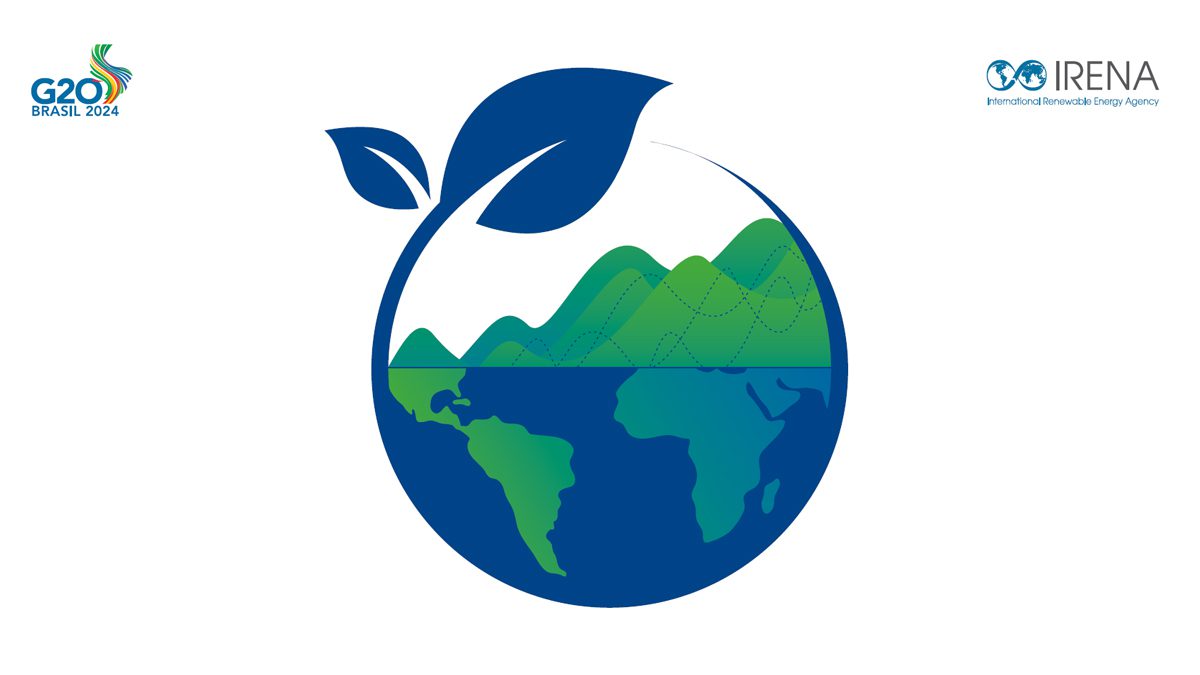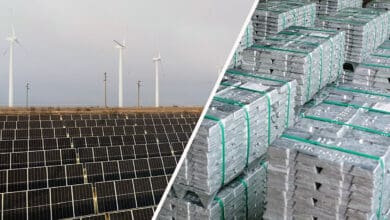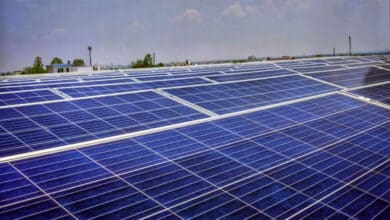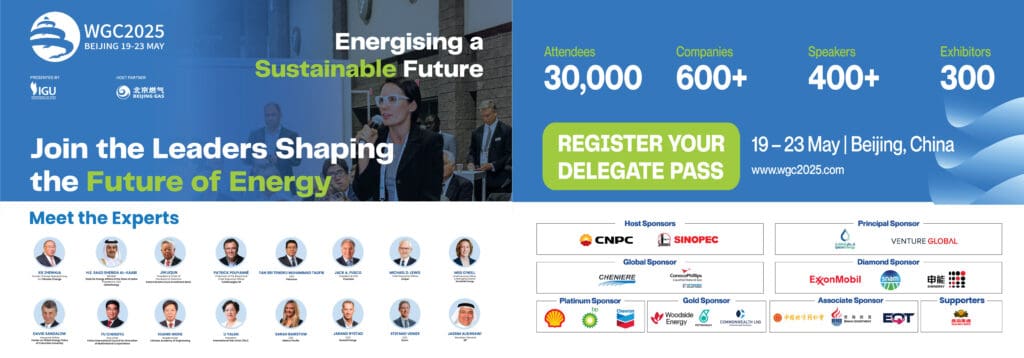In recent years, the urgency for a global energy shift to mitigate climate change and address socio-economic disparities has heightened. Emerging markets and developing economies (EMDEs) house 85% of the world’s population and are responsible for a significant portion of global carbon emissions, with energy demands that continue to rise. This makes their role critical to achieving global sustainability targets. The report by IRENA, in partnership with BNDES, presented under Brazil’s G20 presidency, provides a roadmap for financing, energy planning, and social strategies that support a just energy transition, especially where conventional energy financing falls short.
Unequal Distribution of Energy Investment

While global energy transition investments exceeded $2 trillion in 2023, investment patterns show stark inequalities. Advanced economies and large EMDEs, particularly China, India, and Brazil, receive the majority of funding. China alone attracts a substantial 70% of EMDE-specific investments annually, buoyed by strong government policies and ambitious renewable energy targets. In contrast, Sub-Saharan Africa, which remains largely without access to reliable electricity and clean cooking technologies, received only $12 per capita in 2023 for transition-related investments—an alarming statistic that underscores the need for a revised investment approach.
This investment gap reflects underlying risk factors. Many EMDEs face unique challenges, from political instability and policy risks to currency volatility, all of which raise capital costs and deter private investors. Additionally, smaller markets and weaker infrastructure create bottlenecks for effective investment flow, hindering access to the technologies required for a sustainable energy future.
Financing Strategies: Mitigating Risks and Attracting Capital
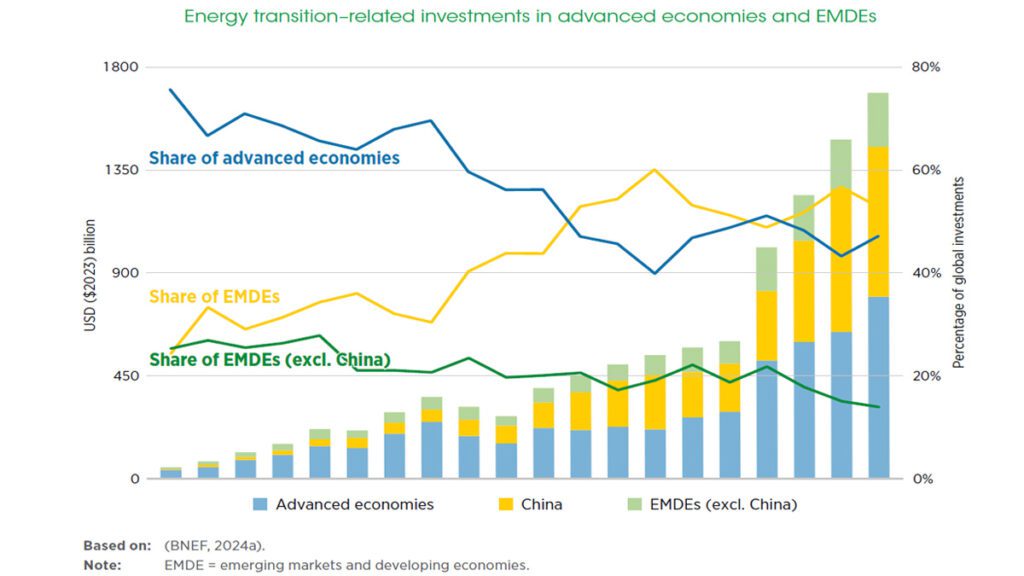
A just energy transition in EMDEs requires significant financial commitments, but traditional investment approaches are inadequate in these diverse and high-risk contexts. IRENA and BNDES advocate for a mix of public financing and risk-mitigation strategies, emphasising a shift from profit-centric to impact-driven investment models. This model, supported by the G20, includes concessional loans, guarantees, and grants targeted at lowering the cost of capital and creating a conducive environment for private investments.
One key recommendation is the development of innovative financing models, such as blended finance structures, green bonds, and project bundling, to attract both private and institutional investors. The Brazilian Development Bank’s (BNDES) success in mobilising $100 billion toward renewable energy projects through supportive financing structures demonstrates how government-backed institutions can lower entry barriers for investors.
The G20’s role in supporting these efforts is crucial. With the establishment of the Global Coalition for Energy Planning, proposed by IRENA, G20 members can pool resources, promote policy coherence, and provide technical and financial assistance. This coalition could play a transformative role in driving sustainable energy investments by building a knowledge-sharing platform that enables EMDEs to adopt best practices in energy planning and risk mitigation.
Integrated Energy Planning: Roadmap for Investment and Socio-Economic Development
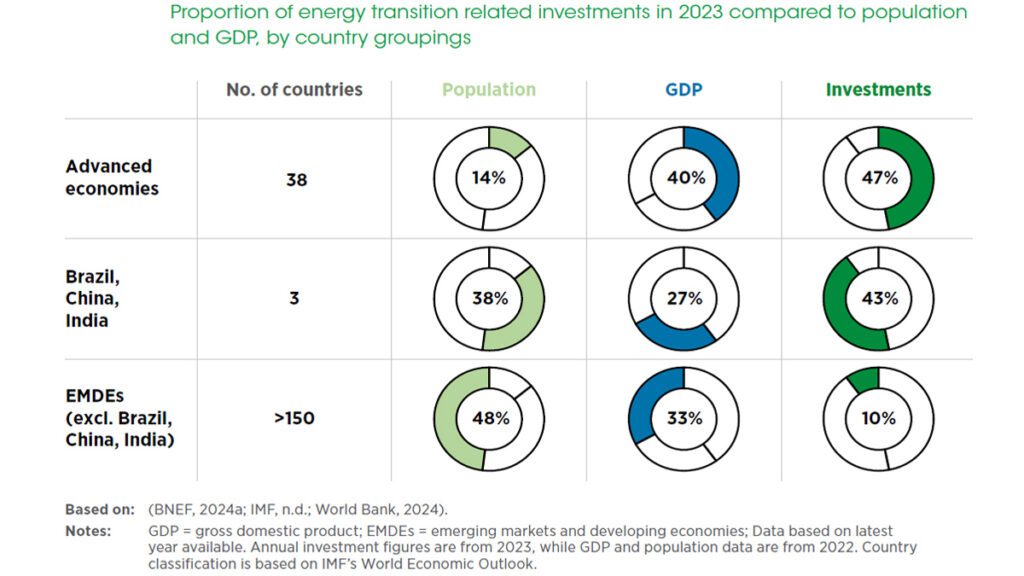
The IRENA-BNDES report stresses that energy planning should be integral to national development agendas. A long-term, integrated energy plan can provide EMDEs with a clear direction, highlighting areas for investment, risk management, and alignment with climate and socio-economic goals. Effective energy planning aligns policy frameworks, regulatory measures, and financing, creating a unified strategy that boosts investor confidence and ensures that energy projects contribute to economic development.
The role of international collaboration in energy planning cannot be overstated. The G20 coalition aims to foster cooperation by sharing expertise and developing national capacities for sustainable energy planning. By incorporating diverse voices—particularly from local communities and non-governmental organisations—governments can ensure that planning decisions reflect the needs of their populations, especially underserved communities.
Sustainable Fuels and Decarbonising Hard-to-Abate Sectors
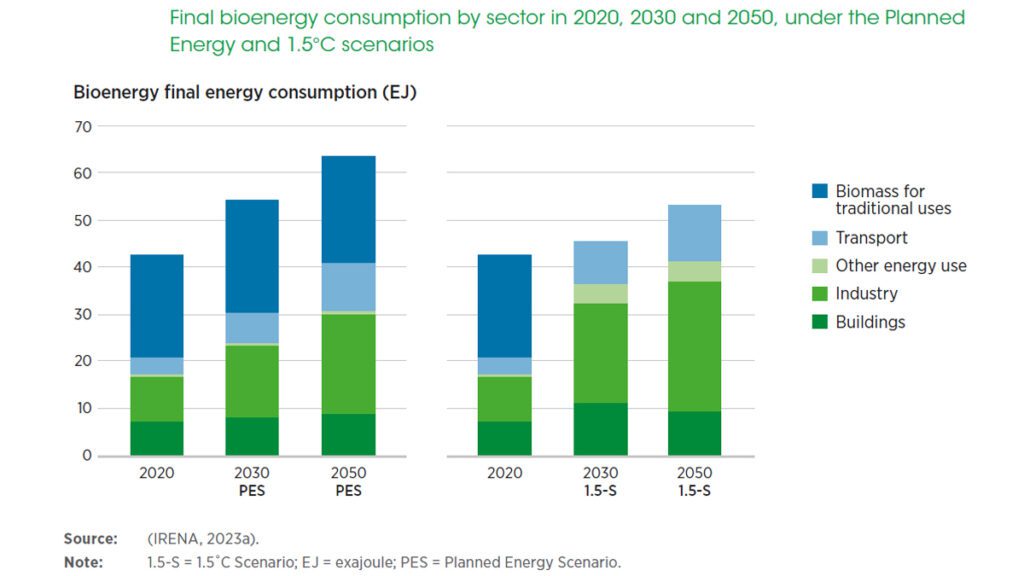
Sustainable fuels, particularly biofuels, are essential to achieving decarbonisation goals in EMDEs. Beyond the power sector, these fuels are crucial for sectors like aviation, shipping, cement, and steel—industries that are difficult to electrify. The IRENA report highlights the potential of sustainable biofuels to decarbonise these industries while contributing to local employment and economic growth.
The transition to biofuels requires careful governance. Large-scale biofuel production must be integrated into environmental frameworks that consider land use, food security, and ecosystem conservation. Biofuel certification and sustainability governance systems are vital for ensuring that biofuel production remains environmentally and socially responsible.
Addressing Social Dimensions in the Energy Transition
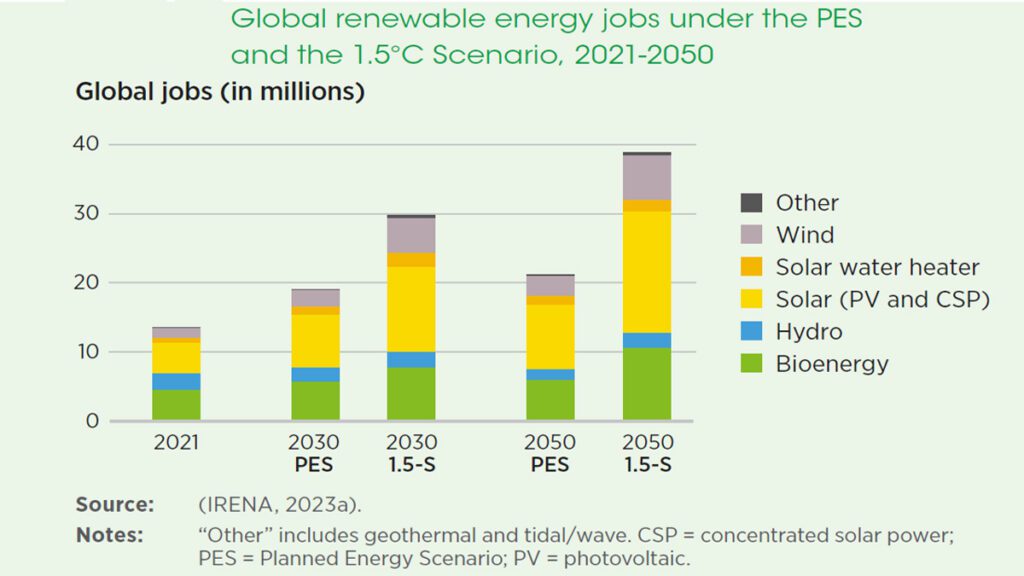
A socially inclusive energy transition is about more than just increasing access to renewable energy. It requires a commitment to equity, ensuring that the benefits of the transition reach marginalised communities and that disadvantaged populations gain access to modern energy services. This goal involves targeted policies, including community-owned energy systems that enable local economic development and create job opportunities.
The G20 report also emphasises the importance of capacity-building programs to empower communities. Initiatives in education, technical training, and professional development can equip local populations with the skills needed to participate in the renewable energy sector. To further this goal, countries must adopt policies that support equitable access to energy services and create pathways for historically underserved regions to benefit from the global energy transition.
Role of Public and Private Sectors in Financing
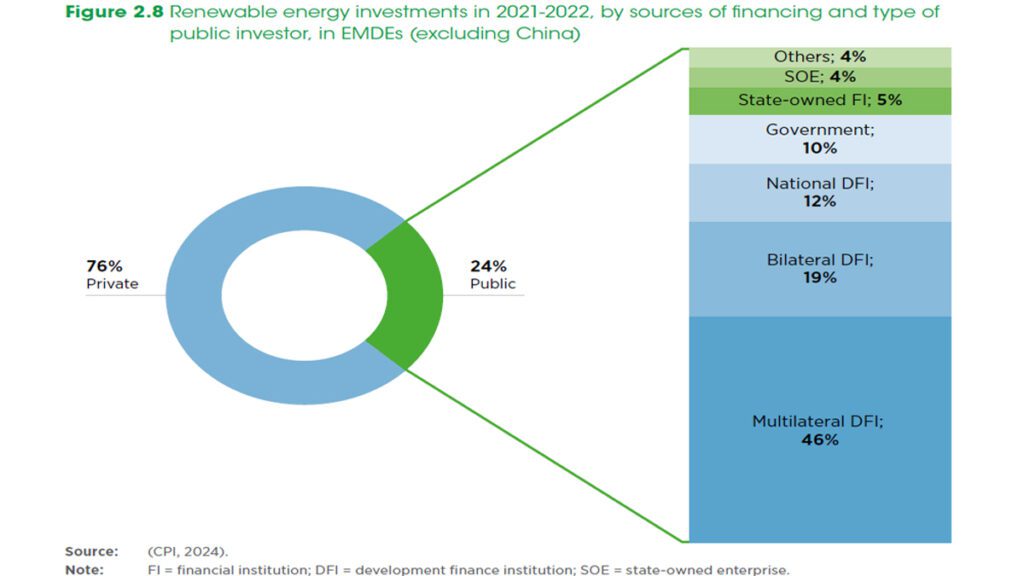
An impactful and inclusive energy transition in EMDEs relies on public-private partnerships. By fostering an environment of cooperation, the G20 can bridge financing gaps through multilateral development banks, development finance institutions, and concessional funding. For instance, BNDES’s successful use of public funds to stimulate private investment can serve as a model for other EMDEs.
Additionally, international organisations and advanced economies can assist by providing guarantees, subsidies, and risk-sharing mechanisms. These mechanisms help lower the high cost of capital and mitigate risk, especially in projects where private investment is insufficient. By embracing innovative financing solutions, EMDEs can make renewable energy projects more attractive and viable for investors, ultimately driving sustainable energy deployment at scale.
G20’s Unique Position to Lead the Transition
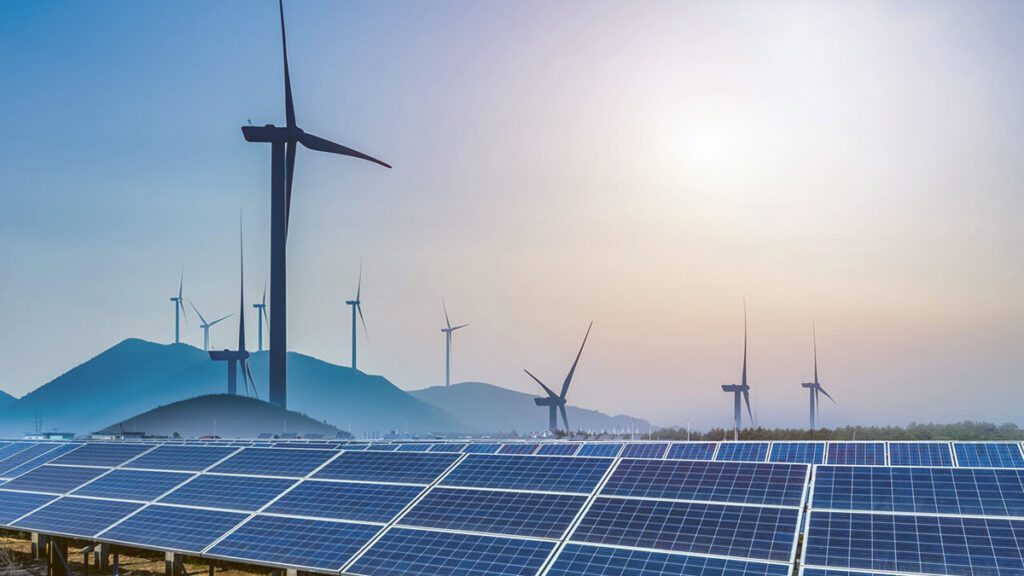
With the power to shape global policy, the G20 plays a pivotal role in the transition to sustainable energy. As the report outlines, the G20’s support can address the specific challenges that EMDEs face by prioritising investment, enhancing policy frameworks, and supporting risk-mitigation strategies. The proposed Global Coalition for Energy Planning, an initiative under Brazil’s G20 presidency, can serve as a platform for knowledge exchange, promoting standardised practices and building a global network to support emerging markets.
Collaborative Path Forward
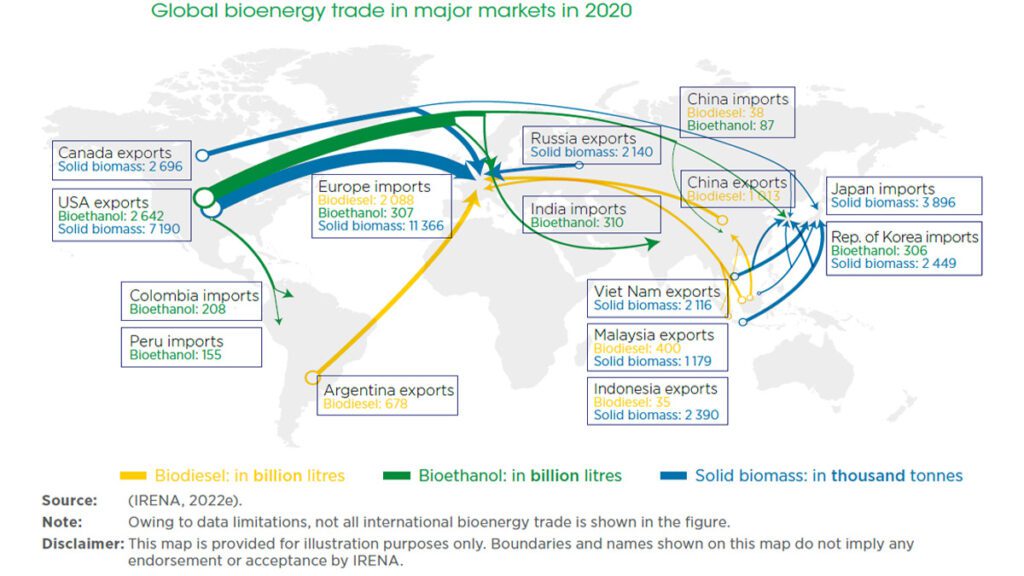
The energy transition in EMDEs represents a complex but essential component of global climate action. By adopting IRENA and BNDES’s recommendations, the G20 can drive a fair and inclusive energy shift that aligns with both environmental and social goals. The responsibility for financing, planning, and implementing this transition cannot rest on individual nations alone; it requires coordinated international action and support from both the public and private sectors.
Ultimately, the goal is to create a sustainable energy future that benefits all, ensuring that no country is left behind. With focused support from the G20, EMDEs can achieve a just and inclusive energy transition that fosters sustainable development, reduces poverty, and brings the world closer to achieving the UN Sustainable Development Goals.


